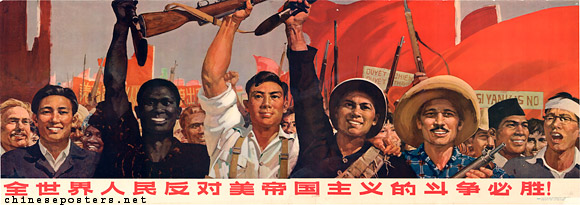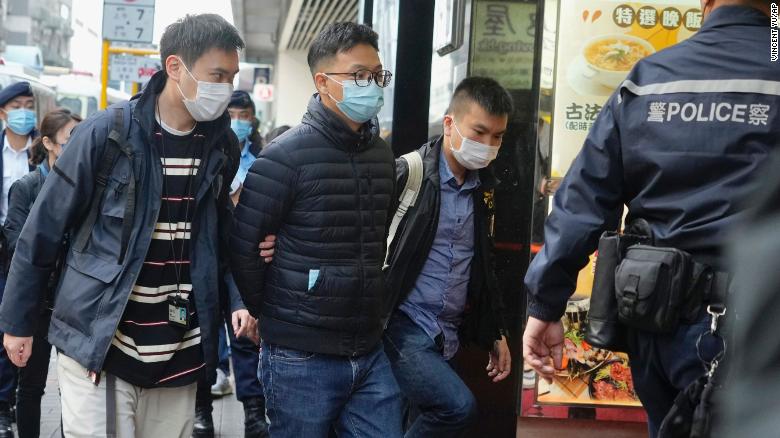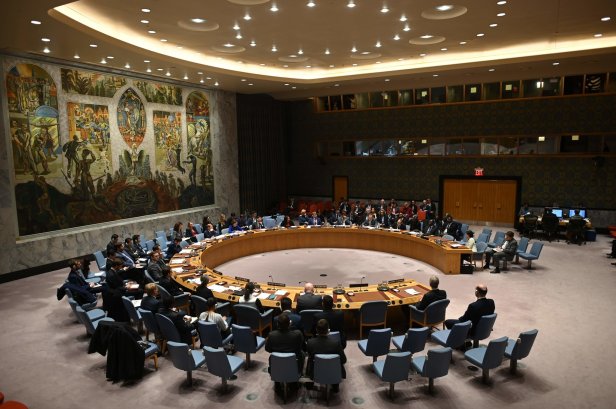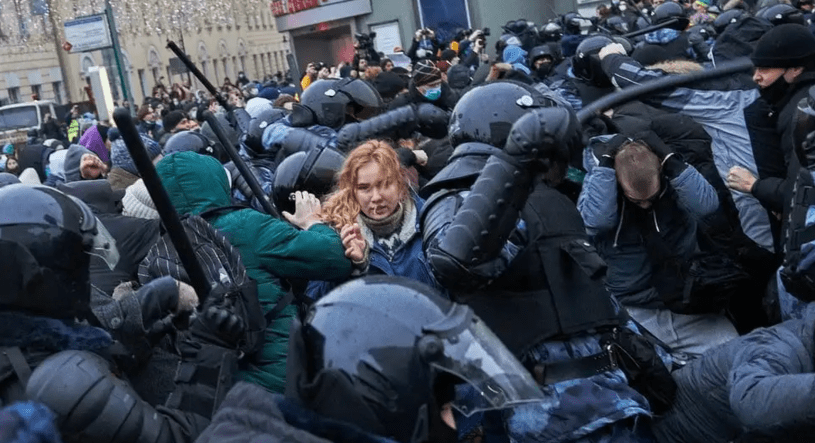It’s worth keeping an eye on just how foreign powers treat their own populations before deciding what they are likely to do to yours.
The Russians and the Chinese like to portray themselves as “friends of the African people” who never participated in the colonisation of Africa.

This is obviously true. But look a little more carefully – see what they are doing to their own people.
Russia
The Russians have just closed down Memorial – the oldest human rights group in the country.
Founded in 1989 by Soviet dissidents including Nobel Peace Prize laureate Andrei Sakharov, Memorial is Russia’s most prominent rights organisation. It has chronicled Stalin-era purges and also campaigned for the rights of political prisoners and other marginalised groups.
On Tuesday, Russia’s Supreme Court ordered the closure of Memorial International, which maintains the network’s extensive archives in Moscow and coordinates the work of regional offices.
The shutdown came after prosecutors accused Memorial of failing to mark all of its publications with a label of “foreign agent”, the tag for organisations that receive funds from overseas. The prosecution also said Memorial “creates a false image of the USSR as a terrorist state and denigrates the memory of World War II”.
China
Hundreds of Hong Kong national security police have today raided the offices of online pro-democracy media outlet Stand News, arresting six people, including senior staff, for “conspiracy to publish seditious publications”.
Stand News — set up in 2014 as a non-profit publication — is the most-prominent remaining pro-democracy publication in Hong Kong.
The raid further raises concerns about the freedom of speech and that of the media in the former British colony, which returned to Chinese rule in 1997 with the promise a wide range of individual rights would be protected.

Police said in a statement that the force was conducting a search with a warrant authorising it “to search and seize relevant journalistic materials”.
“Over 200 uniformed and plain clothes police officers have been deployed during the operation. The search operation is under way,” the statement said. Video from the scene showed police taking boxes away.
Russia, China and the rights of Africans
Not surprisingly, both the Chinese and Russian governments take a similar stand when it comes to the rights of others.

Time and again during the war in Tigray it is the Russian and Chinese ambassadors to the UN who have acted to block debate or action in the Security Council.
As the Mulugeta Berhe wrote:
The Security Council has held 11 sessions on the war that started in Tigray a year ago. But each session ended without even a single official statement. Russia and China —- shielding themselves behind the position of the three African members of the Council Kenya, Niger and Tunisia —- defined the Tigray problem as an Ethiopian internal problem.
It is this stand – which puts the rights of nations and their governments above the rights of their citizens that has defined the Chinese and Russian stands. Every act of oppression is shielded from criticism and action by reference to the “sovereignty” of the nation concerned.
This would not be such a serious problem if Africa had a powerful human rights environment, but it does not.
Africa’s weak human rights
Africa has many courageous journalists and human rights campaigners.
Take South Africa as an example. President Jacob Zuma would never have been held to account for corruption if it had not been for the country’s brave reporters who exposed where public money was going and organisations like Corruption Watch.

But they are hardly supported by the African Union. Nor are Africans helped by the AU’s Constitutive Act.
Yes, it does promise to “respect for democratic principles, human rights, the rule of law and good governance” but when did the AU last take a firm stand to prevent a member state from crushing its own people?
Can you imagine the AU Assembly ever meeting to send troops into a member state to protect its people, as envisaged in terms of its Constitutive Act?
The Act gives the AU: “the right of the Union to intervene in a Member State pursuant to a decision of the Assembly in respect of grave circumstances, namely: war crimes, genocide and crimes against humanity.”
Anyone remember this ever happening?
Of course it is right to criticise the West for failing to act more decisively.
As Cameron Hudson put it: “I can’t recall a more feckless State Department or a period when a region had so fully unraveled as in the Horn while the US sat by offering endless warnings that they are “prepared to act.” In Sudan, Ethiopia, Somalia the time to act was before the horse left the stable.”
He is right. But at least the US, EU and the UK are trying.
Russia and China are siding with African dictators – just as they act as dictators against their own citizens back home.

Good enough I really appreciate